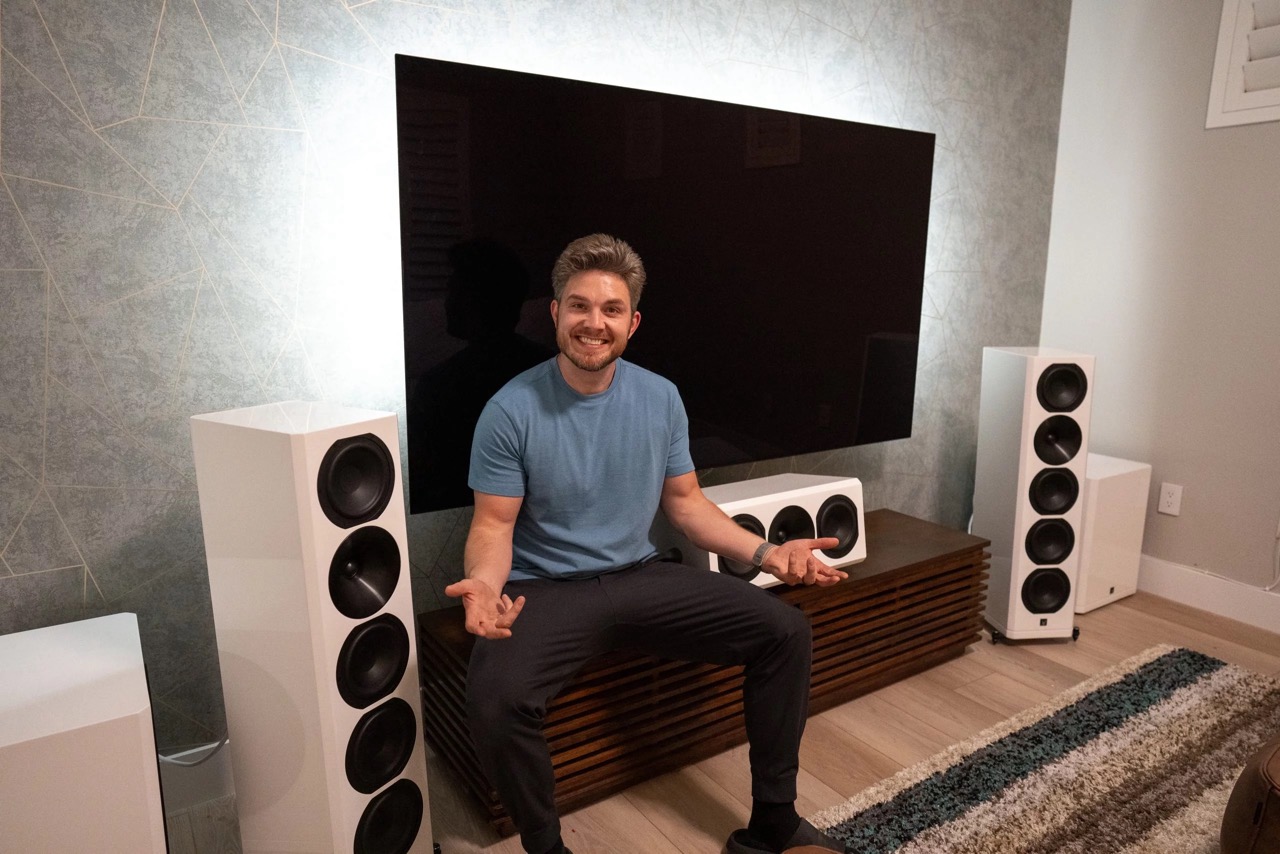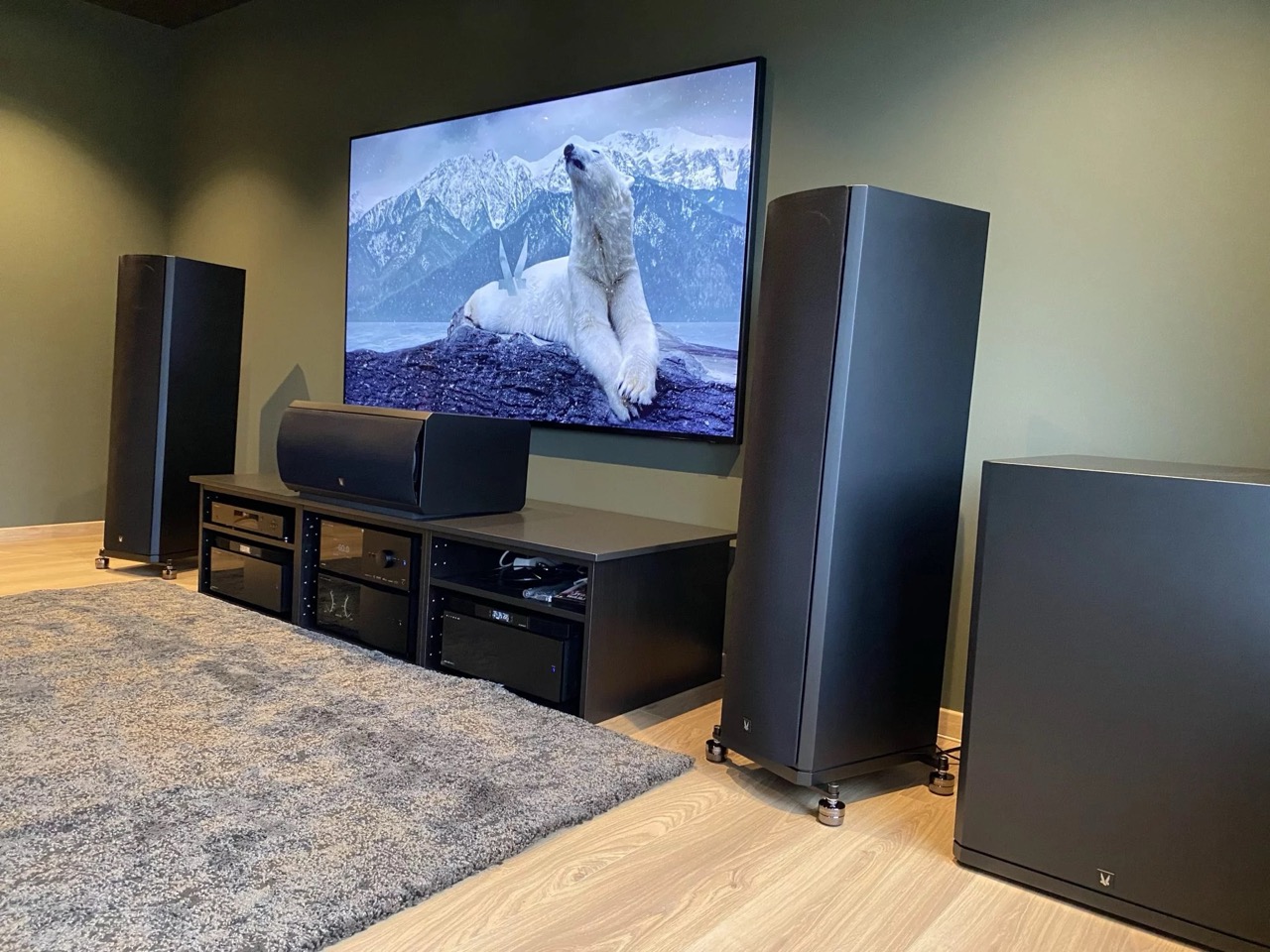When it comes to high-fidelity (hi-fi) audio, the term “distortion” often carries a negative connotation, implying an unwanted alteration of sound. In its most basic form, distortion refers to any change or deformation of the original audio signal. Purists in the hi-fi world typically strive for a sound that is as true to the original recording as possible, valuing transparency and accuracy above all else. However, the concept of “good distortion” has emerged, challenging the traditional disdain for any form of audio alteration. This raises the question: can distortion ever be considered beneficial in hi-fi audio?
Understanding Distortion
To appreciate the notion of good distortion, it’s essential to understand the different types of distortion. Commonly, distortion in audio can be categorized into harmonic distortion and intermodulation distortion:
- Harmonic Distortion: This occurs when new frequencies, harmonics of the original signal, are added. For example, if the original signal is a pure tone at 1 kHz, harmonic distortion might add frequencies at 2 kHz, 3 kHz, and so on. These harmonics can sometimes enhance the perceived warmth and richness of the sound.
- Intermodulation Distortion: This arises when multiple frequencies interact and create new, non-harmonic frequencies. Unlike harmonic distortion, intermodulation distortion is generally undesirable as it can lead to a cluttered and harsh sound.
The Case for Good Distortion
In the realm of hi-fi, the idea of good distortion largely pertains to harmonic distortion. Certain types of harmonic distortion, particularly those introduced by tube amplifiers, are often described as euphonic, meaning they add a pleasing coloration to the sound. Here’s why some audiophiles and music enthusiasts consider this type of distortion beneficial:
- Enhanced Warmth and Richness: Tube amplifiers are known for producing a type of harmonic distortion that adds warmth and body to the music. This can make recordings sound more full-bodied and engaging, enhancing the emotional impact of the music.
- Improved Musicality: Some listeners find that a slight amount of harmonic distortion can make music sound more lively and musical. This can be particularly appealing in genres like jazz, blues, and rock, where a bit of added harmonic content can complement the natural character of the instruments.
- Psychoacoustic Effects: Our perception of sound is influenced by many factors, including slight distortions. In some cases, harmonic distortion can make certain elements of the music stand out more clearly, enhancing the overall listening experience.
Balancing Purity and Pleasure
The pursuit of high-fidelity audio often involves finding a balance between technical accuracy and subjective enjoyment. While some audiophiles insist on the utmost purity and minimal distortion, others embrace the subtle colorations introduced by certain types of equipment. This is not to say that all distortion is good—excessive or poorly managed distortion can indeed degrade the listening experience. However, when controlled and applied judiciously, certain types of distortion can enrich the sound in ways that pure, uncolored audio might not.
Conclusion
In the hi-fi audio community, the concept of good distortion underscores the subjective nature of sound appreciation. While traditionalists may seek the cleanest, most accurate sound reproduction, others find joy in the subtle enhancements that harmonic distortion can provide. Ultimately, whether distortion is considered good or bad depends on the listener’s preferences and the context in which the music is enjoyed. As with many aspects of audio, the key lies in personal taste and the quest for a listening experience that feels most satisfying to the individual.








